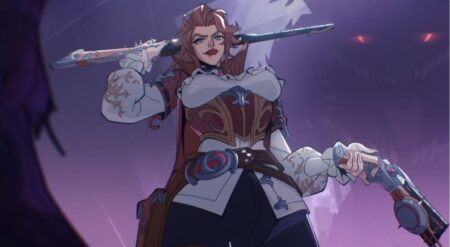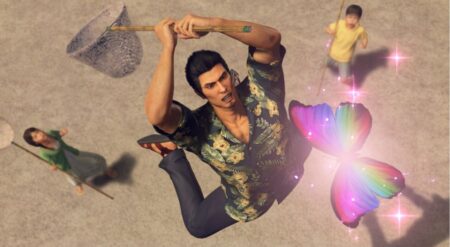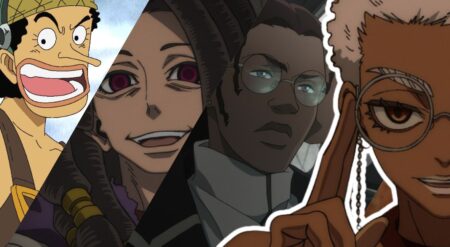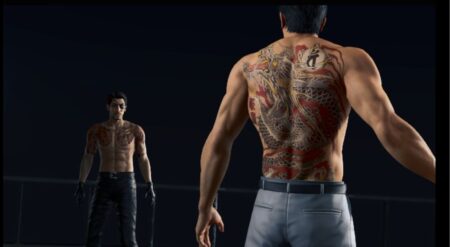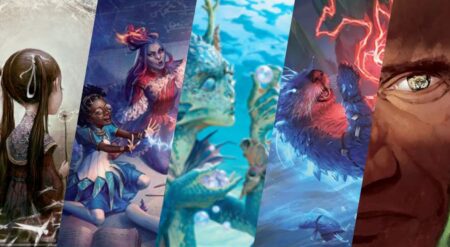
Name the last American adaptation of an anime or manga that was good. I won’t wait because it’s hard to find one if one even exists. As an anime fan, I’ve been hurt time and time again by Hollywood buying the rights to an anime I love, making the American live-action adaptation, and killing every piece of goodness that made it great — here’s looking at you Dragonball Evolution (2009). And I started thinking, is it impossible for an anime adaptation from the United States to be good? Yes.
American live-action adaptations will never work, and that’s okay. Given the cultural differences between the United States and Japan and how they have shaped storytelling makes it virtually impossible to port over narratives while adapting them to our context. This gap in storytelling, focus, and narrative structure happens for a number of reasons and is ultimately grounded in how we tell stories.
When you break down the story and characters in anime against what we’re familiar with in the US you can see some clear differences in our heroes, our protagonists, and ultimately how we see conflict. To put it simply, we love underdogs, or rather we love the origin story and journey of how our character characters become powerful.
It was true when Joseph Campbell penned The Hero with A Thousand Faces (1949), where he mapped out the Hero’s Journey and it’s still true today. We enjoy characters rising from a nobody and becoming the strongest – like Rocky. We love heroes who have greatness thrust upon them and have to answer the call – like Spider-man. To us, it’s the journey, but in anime, it’s, more often than not, a character who is already great, already powerful, already good-looking and how that character deals with their power and the fight they have within themselves.
In regards to anime, Dragonball or Dragonball Z fits into the genre of shonen. This means that the main story in the anime is to portray challenges to the protagonist’s abilities, skills, and maturity. It often stresses self-perfection, austere self-discipline, sacrifice in the cause of duty, and honorable service to society, community, family, and friends. As much as Goku or his team fighting antagonists is important or even acquiring the Dragonballs, the hear to the show is about bettering yourself, putting your strength to the test, and the relationships between the characters. This isn’t to say that villains in anime aren’t important, they are, but the narrative development doesn’t hinge on the villain so much as it relies on how that character pushes our hero to new heights.
In a lot of shonen, our protagonists are already gifted, strong, handsome, or fit into their new powers effortlessly and outpower those around them. When the character is already at what they think is their strongest, the story doesn’t reveal around the external conflicts, it revolves around the internal pressures and character interactions. Although a monkey tail, a guy with a third eye, and the occasional dragon are great visuals, it isn’t what the story is built around. In fact, the images aren’t there as the focus of the story but as visual representations are our protagonists’ progress in their internal journeys.
In the 2009 American live-action adaptation of Dragon Ball, Dragonball Evolution eliminates what made the anime special and makes it a traditional American story. A young man is called to action when tragedy strikes and is put on a journey to greatness and a quest to find the Dragonballs. Although the names of the characters and their quest are the same, the adaptation focusses on visuals, antagonists, and the quest itself. In the Dragonball anime and the manga it’s based on, Goku’s training, internal growth, and bonds with other characters like Bulma and Chi-chi are the crux to what makes it a good story.

By pulling an anime and its structure and moving pieces to fit the hero’s journey and the “Western” style of storytelling, this adaptation and others like it remove the cultural nuances and viewpoint that make its source material great. The same can be said for an even darker anime like Death Note. Although there are successful and fan-loved Japanese live-action adaptations of this series, the 2017’s Netflix original by the same name is more fan-hated than anything else. Completely removed from the Japanese context, Netflix not only changed character names, looks, and plot but ultimately turned it into an underdog story as well.
American anime adaptations are almost always plagued with one word: whitewashing. Although this issue is large on its own, that’s a focus of another article. When digging into why this culture switch fails – beyond the bias of studios refusing to view Asian and Asian American actors as billable – we find that is because the story is removed from its cultural context and yet studios expect the story to still work and appeal to fans of the original material. When you look at an anime like Death Note, the horror elements of the show lend well to highlight the importance of keeping the story within its cultural setting. Like the stories in anime, horror is extremely reliant on the culture since it must build relevancy and fear from the overarching issues and obsessions in the society it exists in.
In Death Note, high schooler Light Yagami receives a book that allows him to kill whoever he wants to by writing their name on its pages. Within the first couple of episodes you see that Light is one of the top students in Japan, extremely attractive, and at the top of his high school food chain. Not only is his life great, but he is basically Patrick Bateman. Light is narcissistic and ultimately assumes the role of a god in his mind, gleefully eliminating evil in the world at a rate unseen by Ryuk, the shinigami (death god), who owns a death note.
He wants people to know who he is and he revels in the myth that is built around him. His struggle is internal, shown mostly through auditory thoughts and his cat and mouse game with the investigator L. His struggle never revolves around “should he use the death note,” but how he keeps using it. He doesn’t have to be talked into killing. In his mind, he is a benevolent god creating a perfect world. There is little likable in Light and that’s what makes his story interesting.
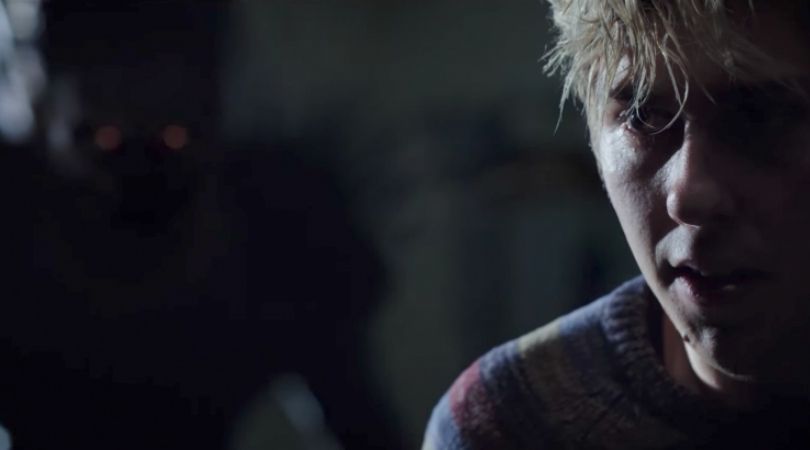
However, in the Netflix American live-action adaptation, Light Turner – yes, Turner – is a high schooler at the bottom of the food chain. Smart but underperforming, bullied, and invisible. He’s average-looking, his mother died, and the story tries to make you understand the character and his motives. Unlike his anime counterpart, Light Turner isn’t driven by power, he’s one who ultimately becomes tormented by it and saves the day from his accomplice Mia who is the most like Light Yagami. The way Netflix restructures the story for the American live-action is so far away from the anime that the narrative falls short of even touching the coattails.
Beyond this, coming out of a country where young white men have routinely become murders in their high schools, we have to question why Light is made to seem relatable. He doesn’t jump into killing with ease and he talked into killing at multiple times throughout the movie, and this makes his god speech out of place. He gives himself his name, he kills with a partner, and yet he gives a narration over a montage about playing god. None of this lands.
Now, I am aware that this is a generalization of storytelling in each country and there are exceptions to my observations. However, when looking at these two adaptations, their failure, and their general cultural standing as bad adaptations, we can see that the ways the US has changed these stories remove the heart of them. By removing stories from their culture and ultimately changing key points in the narrative to fit our story guidelines we won’t ever see a US adaptation that is good. We can’t. The exorcist in a country without an understanding of Christianity that has informed it’s cultural fears doesn’t succeed. Rocky as an already strong competitor and winning all his fights don’t resonate with us. Hollywood anime adaptations will never work, and that’s okay. We have our own stories to tell without removing the significance from other country’s works.

